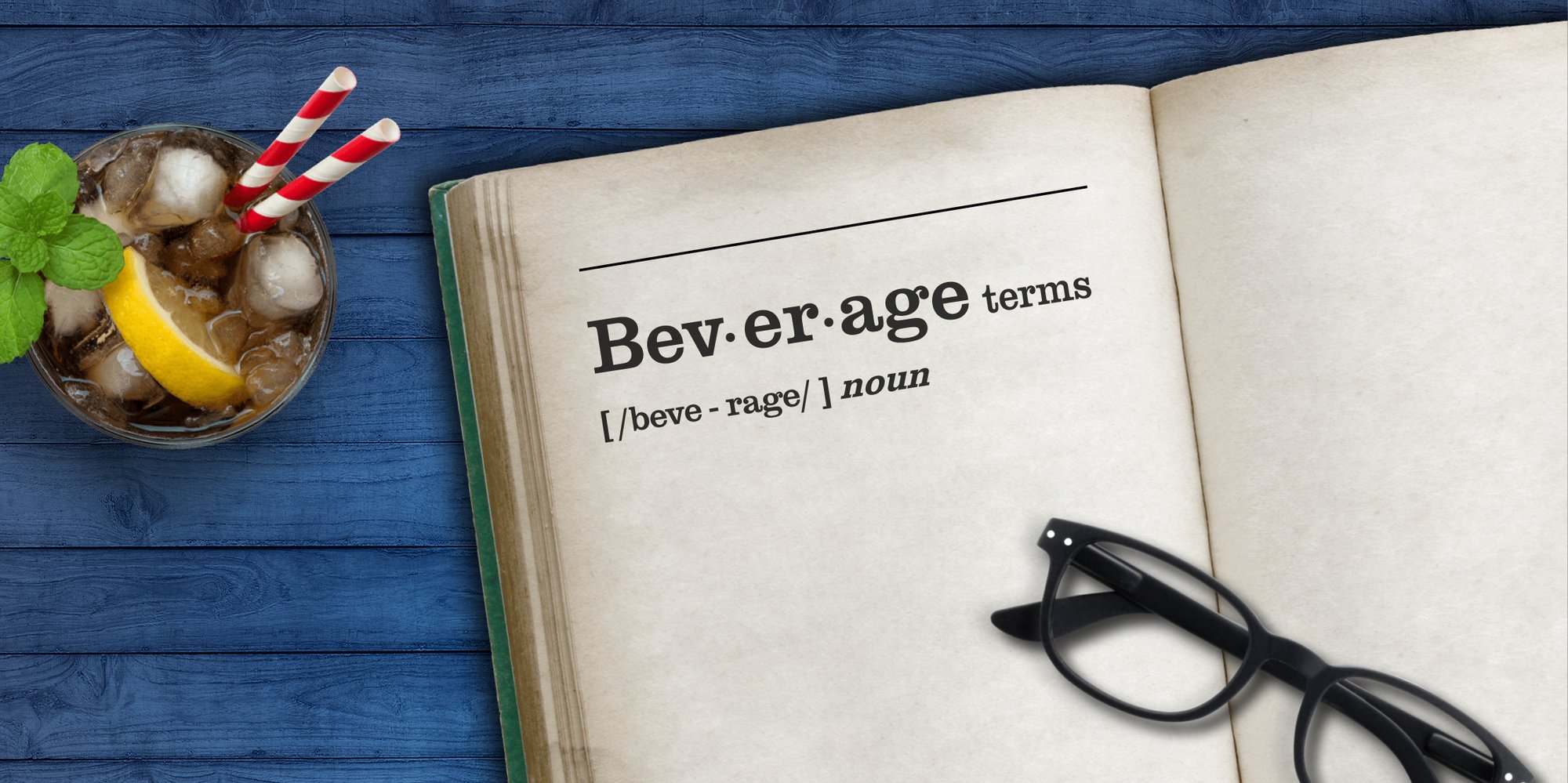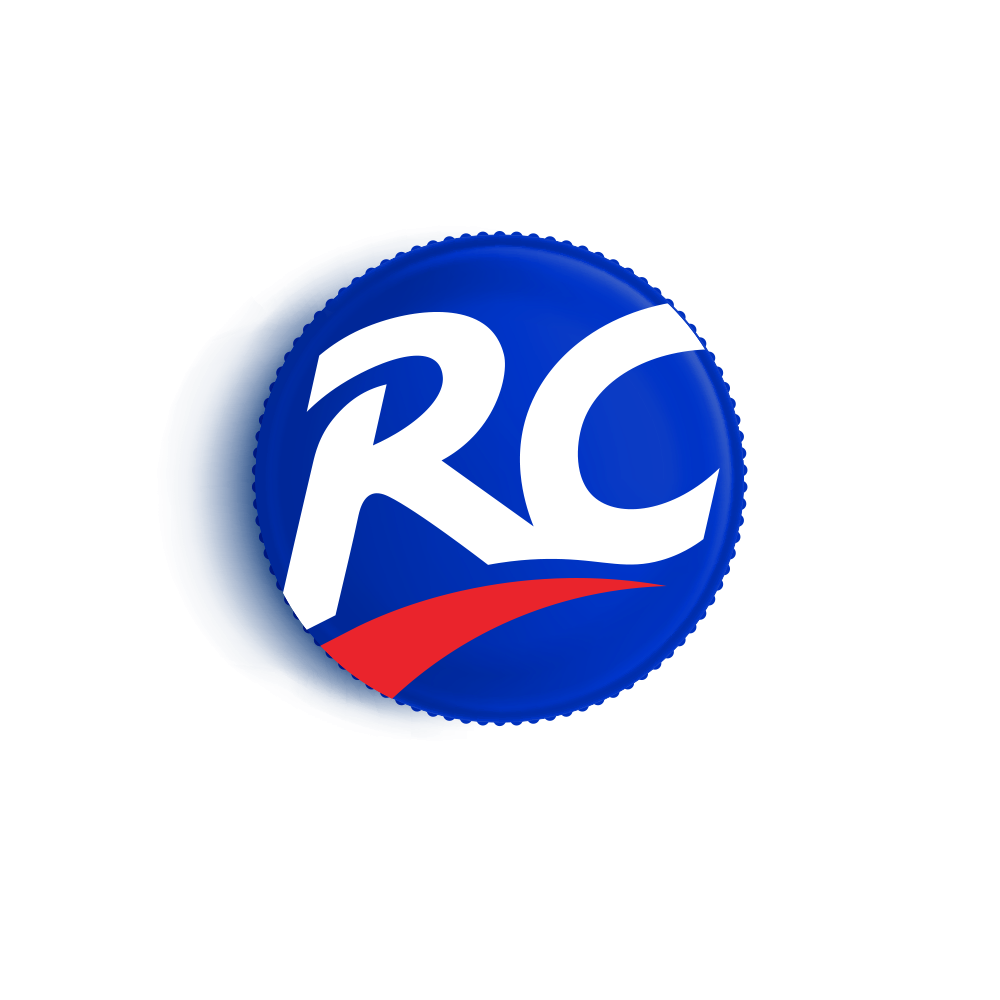Is beverage production a science, or an art? However you choose to view it, beverage development is a complex process.
Understanding the intricacies of the process and the options you have available requires having familiarity with technical terminology. Here are the top twenty terms every beverage manufacturer and bottler needs to know:
- FIDS – An acronym for Flavor Ingredient Data Sheet. FIDS is a spreadsheet with information about ingredients used in compounded flavors. It includes characteristics such as the contact information of the manufacturer, alcohol by volume, the flavor’s classification as natural or artificial, and more.
- Batch Sheet – The batch sheet is a key aspect of beverage development, providing directions for how to make a batch of a beverage. This ensures beverage producers create consistency in their products. It starts out with the beverage formula and is scaled to indicate exactly how much of each of the ingredients is required.
- Brix – A unit of measurement. Brix measurements are the means used by beverage producers to maintain the correct sugar content. One-degree Brix is equal to one gram of sucrose, in 100 grams of solution. Originally, Brix measurements were created by measuring the percentage of sucrose, in a sucrose and water solution.
- Central Location Testing (CLT) – A quantitative test. CLTs bring together groups of people for a survey or to interact with a product – either in a taste test or in order to collect other types of responses, such as visual assessments or smell tests.
- Commercial Formula – The ingredients and process developed by a food chemist for a beverage product, scaled to create up to 1,000 gallons. Frequently, a beverage starts out as a kitchen recipe that relies on commonly found ingredients and produces only a small quantity of the product. The commercial formula is scaled to create much larger quantities and it specifies the techniques needed to make the formula scalable.
- Commercially Viable Ingredients – Ingredients that can be successfully used in a formula for mass production. A beverage producer needs the ability to source all ingredients in the amounts required so that a product can be successfully brought to market. Cost and timeframe considerations also need to be addressed in deciding which ingredients to incorporate.
- Concept Ideation – The creation of new, appealing, impactful product ideas. Concept ideation involves looking at industry trends and consumer preferences, considering the client’s target market, and brainstorming new ideas.
- Concept Sort – Evaluating products based on a comparison with other products, for example, comparing six different drinks.
- Consumer Insights and Development – Beverage producers invest in understanding consumers’ needs and preferences – crucial information that helps ensure the success of a beverage product.
- FEMA – An acronym for Flavor Extract Manufacturers Association. This is the national association of the U.S. flavor industry. It works with legislators and regulators to address issues of interest to the beverage industry.
- FMP – An acronym for Flavor Modulating Properties. Some products include flavoring substances that modify or enhance the flavor profile of a beverage. Flavor modification can include modulating sweetness, sourness, or saltiness. In recent years, new FMPs have been developed that help meet the growing consumer desire for healthier food and beverage alternatives that reduce sugar and salt but do not compromise the flavor.
- GRAS – An acronym for Generally Recognized as Safe. This term from the U.S. Food & Drug Administration (FDA) is used in labeling ingredients and additives. Ingredients that are already defined as GRAS do not need to go through the arduous process of receiving FDA approval.
- Organoleptic Testing – Also called sensory analysis. A type of beverage testing that relies on the senses of taste, touch, sight, and smell. Information from organoleptic testing, such as a bad smell or odd texture, can identify a problem with a beverage product.
- Process Authority – Someone who has expert training in food handling and ensures product safety and shelf-stability.
- Product Commercialization – The process of bringing new beverage products to market. This includes production, distribution, marketing, sales, customer support, and other aspects of making sure a beverage product is a commercial success.
- RTD – An acronym for Ready to Drink. This refers to packaged beverages that are sold in a prepared form and are ready for consumers to drink – unlike traditional coffee and tea products or beverage powders.
- TA – An acronym for Titratable Acidity. This is an approximate measure of the total acid in the beverage product. It is measured in units of grams per liter (g/L). TA differs from total acidity, which is more accurate but harder to measure.
- Quantitative Testing – Testing that relates to beverage quantities e.g. testing what the sugar content is (numerical value).
- Qualitative Testing – Testing that relates to beverage attributes that can be observed but cannot be measured.
- 3C Development Process – A process that allows beverage producers to create a new beverage, covering all aspects of development. 3C development starts with ideation, moves to recipe development, and ends with consumer testing. Everything takes place at a single location.
In Beverage Development, Experience Breeds Success
Today, beverage development is complex; it requires getting to know each step in the process in-depth and making knowledgeable decisions that take into account current trends and innovative technologies. At RC Cola International, we have gained insight into each aspect of beverage production through our experience in developing a wide variety of brands, which have been through testing and quality control procedures. We keep a finger on the pulse when it comes to innovative beverage technology, and work with each of our partners to ensure each one is successful in their beverage development journey. Join our family of partners today!


